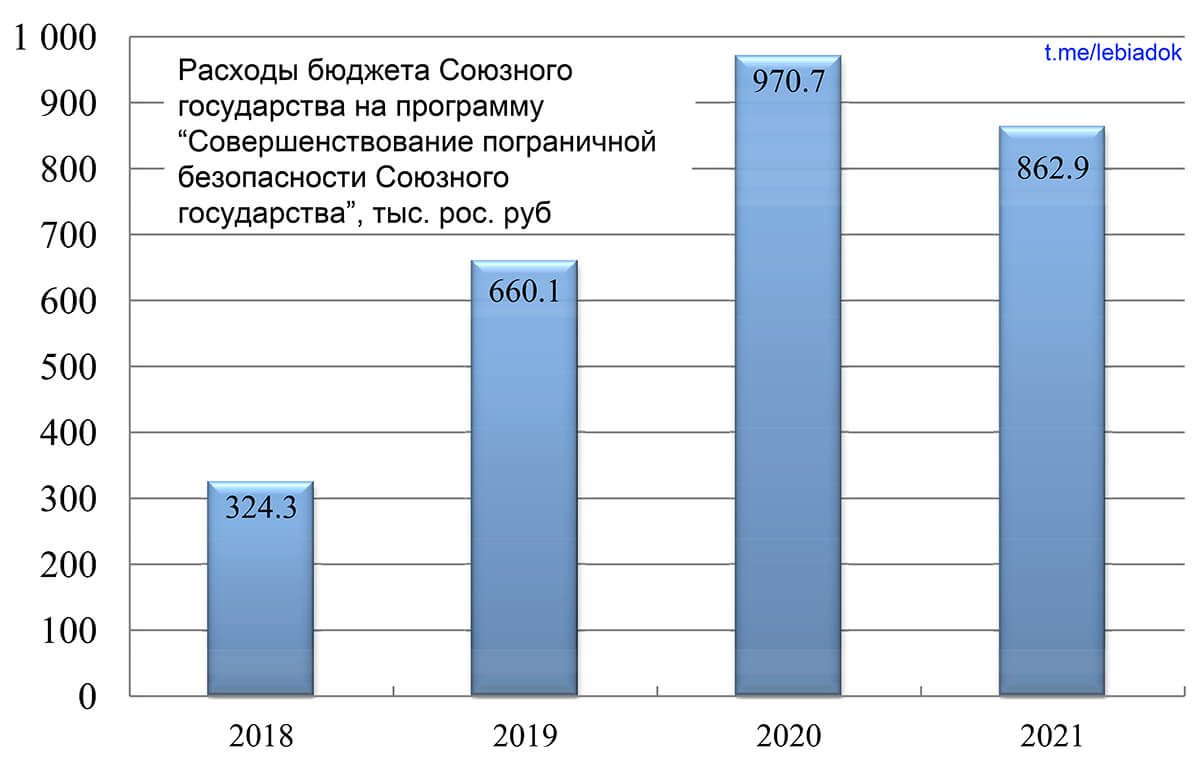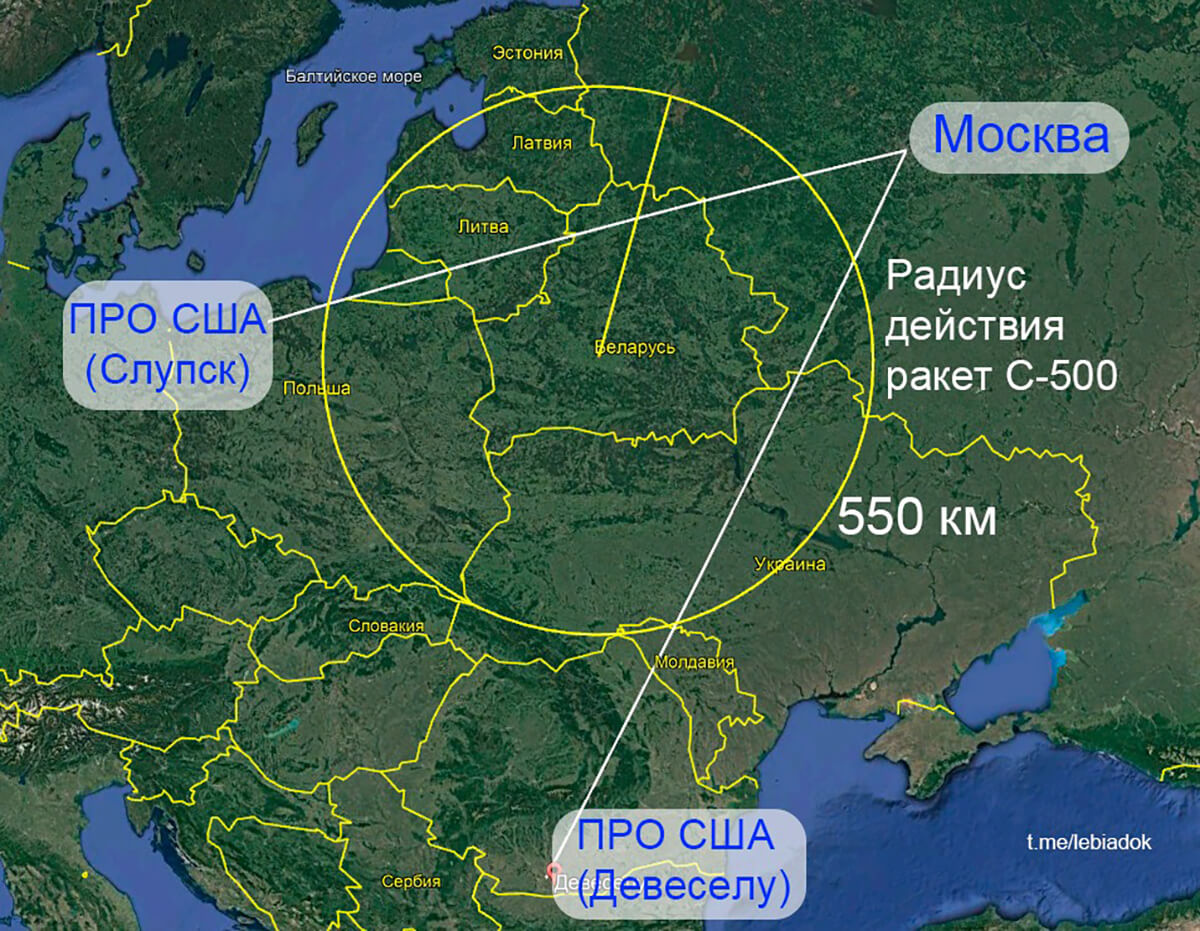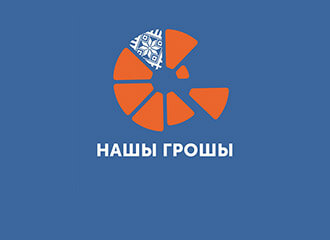На русском языке:
Мнение. Егор Лебедок о совещании Лукашенко с силовым блоком
Columnist Yahor Lebiadok in his telegram channel analyzed the meeting of Alexander Lukashenka with the power bloc, which took place on September 27. Here are his words unchanged.
On a weekend, A. Lappo, the chairman of the State Defense Industry Of Belarus, was on a business trip to Sochi, there were rumors that board №1 also flew to Sochi. The day before, Vladimir Putin held a meeting with members of the Security Council of the Russian Federation on the further construction of the so-called Union State and ensuring the security of the two countries. And yesterday, Lukashenka discussed with the power bloc the situation at the State Border. At the same time, they discussed not only what is happening with migrants, but also the «opening of a new front» with Ukraine. Lukashenka said: «NATO troops are dragging to Ukraine. Under the guise of training centers, they actually create bases. The United States is creating bases in Ukraine. The President of Russia and I have held and are holding consultations on this issue and agreed that some action should be taken there. Otherwise, tomorrow we will have an unacceptable situation right at the border of Belarus and Russia. Up to the placement of missiles of the appropriate range».
If we talk about the interaction between Belarus and Russia to ensure border security in the western direction, it is worth mentioning the Treaty between the Republic of Belarus and the Russian Federation on joint efforts in protecting the State Border of the Republic of Belarus of 1995. Under the state border it means the border of the Republic of Belarus with Poland, Lithuania and Latvia. The agreement states that the protection of the state border of the Republic of Belarus is carried out by the Border Troops of the Republic of Belarus in cooperation with the Border Troops of the Russian Federation. For these purposes, an operational group of the Border Troops of Russia was created under the Main Directorate of the Border Troops of Belarus, and the head of the operational group is appointed by the Russian side in coordination with the President of the Republic of Belarus. The agreement provides for a constant exchange of information on the situation at the state borders of the parties, Russia’s assistance to the Belarusian side in the logistics of its border troops, as well as the provision by the Belarusian side to the aircraft of the Border Troops of Russia of the right to free use of its airspace, airfields, navigation and other information.
The contract is valid for five years and then automatically renews each time for a subsequent five-year period, unless either party declares its desire to terminate it. This agreement became the subject of bargaining between Lukashenka and Putin twice. In 2014, for the first time, a bill on the termination of the Treaty was submitted to the Parliament of Belarus, the second time it was submitted to the Parliament in June 2019. But twice the consideration of the bill was terminated, i.e. the contract is still in force.
On November 14, 2019, at that time, The State Secretary of the Security Council S. Zas said that "Belarus initiates amendments to the joint agreement with Russia on mutual efforts in border protection, which has been in force since 1995. Such a task has been set today by the head of state", but nothing is heard about the changes to the treaty.
As for the border with Ukraine, within the framework of cooperation with Russia, this issue is being worked out on the basis of the contractual framework of the so-called Union State. In particular, in the program «Improving the border security of the Union State» for the period 2017-2021, which is aimed at arranging the Belarusian-Ukrainian section of the border and provides for the construction of two complexes of border outposts, two integrated security alarm systems and video surveillance, staffing units with automobile and engineering equipment, unmanned aerial vehicles, modern means of communication. Probably, Lappo in Sochi also discussed a similar program for the following years. He also probably discussed the issue of the security of the Belarusian-Russian border for the prohibition of crossing it by illegal migrants.
It is worth paying attention to the composition of the participants both at the meetings of Putin and Lukashenka. At the meeting of the Security Council of the Russian Federation on interaction with Belarus, the head of the FSB of Russia, which includes the Border Service of Russia, was absent. This speaks in favor of the fact that the issue at the Security Council of the Russian Federation hardly concerned the topic of the crisis with migrants on the Belarusian border. And it is unlikely that Putin gathered the Security Council on such a little-important topic for him. More significant and relevant is the expansion of the military presence in Belarus and the management of military-political relations between Belarus and Ukraine, which Lukashenka said about when speaking on the «new front».
Regarding Lukashenka’s meeting, some media drew attention to the presence of I. Kubrakov, the Minister of Internal Affairs. Now his appearance at meetings on migrants is quite understandable. First, the internal troops of the Ministry of Internal Affairs have long been present at the border, according to statements, to prevent the violation of the border of Belarus by migrants who are being pushed out by Poles and Lithuanians. And in general, the powers of the Ministry of Internal Affairs under the law on the State Border include the provision of assistance to activities to ensure border security and its strengthening. Secondly, the Ministry of Internal Affairs, according to the same law, organizes activities aimed at countering illegal migration. Analyzing the messages in the groups of migrants and the dynamics of the process as a whole, it becomes clear that there are a lot of independent organizers of the illegal transfer of migrants (including fraudsters), i.e. the process is gradually getting out of control.
Indirectly, Lukashenka's words "and I have repeatedly stressed that this is an international gang that transports people from there not only through Belarus" and the statements of Lappo and Lukashenka that "the situation is under control" (I think there's no need to explain to Belarusians what this words coming from officials mean) speak in favor of this.
At the meeting with Lukashenka, although he spoke about defense and reaction, and almost the deployment of American missiles in Ukraine, V. Khrenin, the Minister of Defense, was absent. But the absence of Khrenin doesn’t mean that at the meeting the issue of defense was discussed only briefly. The fact is that the management of the troops is carried out by a native of Lukashenka’s henchmen — the SOF — V. Gulevich, the head of the General Staff of the Armed Forces of Belarus, A. Volfovich, the state secretary of the Security Council of Belarus, is in charge of defense policy, and Khrenin is increasingly becoming something like a Substitute-chairman Funt — the formal signing of orders, agreements, etc.
Military-political relations with Ukraine over the past year have been seriously damaged, although at the moment they have not yet been aggravated. This is due to the goals of Russia and Lukashenka himself. Given Ukraine’s desire to completely withdraw from the sphere of influence of Russia, which the latter is perceived, if not as a clear threat, then at least a potential one, and even more so to join NATO, as well as a joint foreign and military policy of Belarus and Russia, a potentially dangerous direction for Belarus is being created — from the south, as Lukashenka said. And both in a direct conflict with Ukraine and in the course of a possible conflict between Belarus + Russia against NATO. In particular, an additional direction of missile and air strikes on Belarus is being opened. Not necessarily by Ukraine itself, perhaps, for example, striking from the Black Sea by means of the NATO bloc, providing airspace for conducting air reconnaissance, etc. In such conditions, it is necessary to change approaches, including to the organization of air defense of Belarus.
Since the acquisition of the S-400 by Belarus is still quite doubtful, Lukashenka’s phrase «and we [Putin and Lukashenko] were talking about the fact that the S-400 will be fitting [to cover the border with Ukraine]» may well be followed by the intention to deploy the S-400 of the Russian Federation at our southern borders, which of course will have an order of magnitude stronger impact on the Ukrainian leadership, than if they were purely Belarusian complexes. I don’t exclude that the Russian S-400 from Grodno may be relocated to the southern borders of Belarus in connection with this statement by Lukashenka or new units of Russia may be delivered. An option is also possible with the preservation of the Russian S-400 in Grodno, and units of the Grodno 1st anti-aircraft missile regiment will be sent to the southern borders.
But, obviously, Russia will seek to place its complexes there to prevent Lukashenka's political maneuvers with Ukraine. Since Lukashenka has deployed his air defense systems, he could have curtailed them quickly, which is more problematic to do with the Russian ones.
Of course, with the deployment of Russian air defense systems in the south of Belarus, relations between Ukraine and Belarus will cease to lie purely in the political plane, and will go to the military. If earlier such statements by Lukashenka could be considered a bluff or a kind of threat in order to achieve Ukraine’s acquiescence on a number of issues (primarily on sanctions), now I would say that we are really talking about reformatting the Belarusian defense space with the participation of Russia, taking into account possible opposition to Ukraine. Of course, when deploying Russian units at the border of Belarus and Ukraine, the latter will have to answer that Belarusian propaganda will be presented as aggressive actions of «American puppets» and will use this in order to increase fear in the Belarusian publicity to justify the retention of power in Belarus, as well as in the interests of Russia.
Earlier in the media there were fakes that Russian S-500 Prometheus air defense systems could be placed in Belarus. So far, they have not yet become armed in Russia. Obviously, they won’t be transferred to Belarus and sold in any case (both for political and economic reasons). That is, in Belarus they can only be as a Russian unit (with the prospect of a single base of Russia). The placement of such complexes in Belarus is beneficial for Russia for three reasons. First, it will allow controlling the airspace of the entire Baltic States, a significant part of Poland, and the northern and central parts of Ukraine. Secondly, according to the Russian military, universal launchers can be placed at missile defense bases in Romania and Poland, from which not only anti-missiles, but also Tomahawk medium-range cruise missiles can be launched. The deployment of the S-500 (with a missile range of about 550 km) in the Baranovichi area, in principle, makes it possible to block both potential directions of missile flights from missile defense bases in Moscow. Thirdly, if the declared technical characteristics of the S-500 – the ability to shoot down low-orbit satellites – are correct, then this allows us to significantly weaken NATO’s reconnaissance capabilities in our warfare. To cover the S-500 in Belarus, there are also air defense systems and ground forces, in other words, the entire Belarusian army will protect the S-500 as a strategic object of the so-called Union State.
At a meeting with the power bloc, Lukashenka said: «Under the guise of training centers, they are actually creating bases. The United States is creating bases in Ukraine». I would like to note that there are no combat training centers in Ukraine, they have purely training, educational and scientific centers in which instructors from NATO countries stay, but without the deployment of weapons, at least such as Russia has placed in Belarus — S-400 and Su-30SM, and the NATO military there weren’t on combat duty. Last week, Karpenkov said that «they [the West] are trying, under the guise of allegedly, let’s say, the return to us of illegal migrants, to throw terrorists and extremists to us. Throughout Western Europe, ISIS members are also being collected, all those who were in their pre-trial detention centers and were under investigation, to be thrown here, into the Republic of Belarus, in order to destabilize the situation». Only illegal migrants who arrived purely from Belarus are pushed back to Belarus, and neither the State Border Committee nor Belpropaganda refutes this. Such statements, as before about violence, fascism in the EU, etc., are considered by some to be a manifestation of the psychological characteristics of the speakers, such as the mechanism of psychological protection — projection. Nevertheless, these statements, in my opinion, are systemic and demonstrate the strategic line of Lukashenka’s propaganda according to the principle set out by Putin: «I’m rubber, and you’re glue».
The purpose of such propaganda is to mix events and those responsible for them in the minds of the undecided, so that the thought is formed: they are all bad there, but ours is at least familiar, so we need to maintain the status quo.
It also works well to feed the supporters of Lukashenka and Russia, since Belarusian propaganda is more and more seriously rolling along the Russian rails – both along narratives and methods. But there is also a plus in this – such a propaganda approach allows us to highlight those topics that are important for Lukashenka and Co., as well as his Russian patrons, to counter. In this case, we see, for example, that the coverage of the Russian combat training center as a virtual military base of Russia on the territory of Belarus for Lukashenka is negative — it reduces his rating as a guarantor of independence, that’s why he spoke about the US centers in Ukraine. Karpenkov’s words reflect the theme of Lukashenka’s association and terrorism for the EU. However, in the case of Karpenkov, it’s worth adding that this is to a certain extent his desire to designate his importance for the chief — he is fighting terrorism (again, the internal troops at the border for a long time), and the same topic is good for the ideological pumping of personnel.




